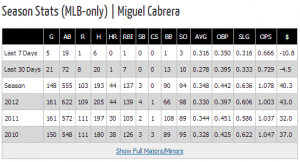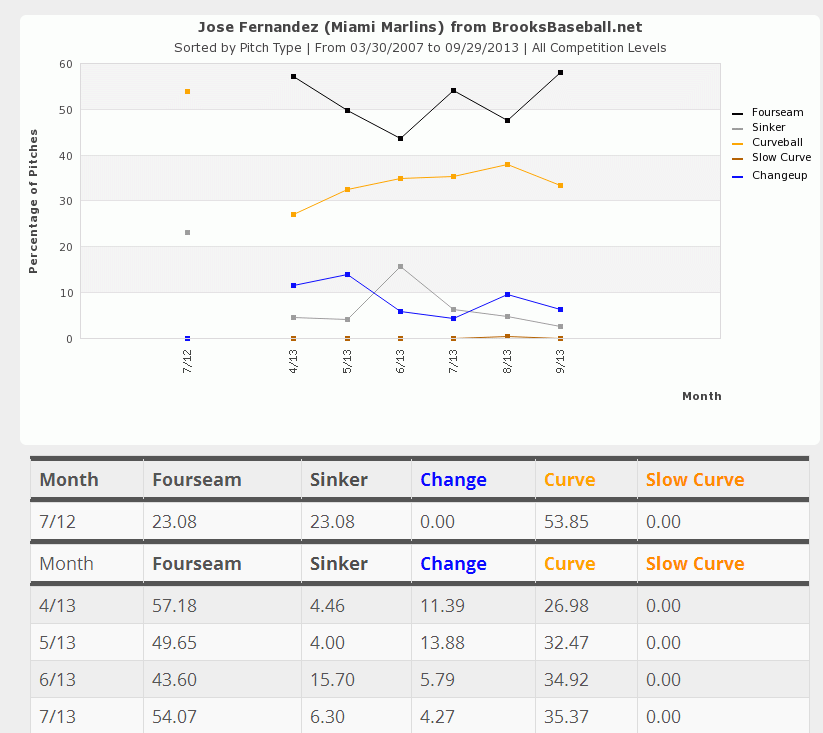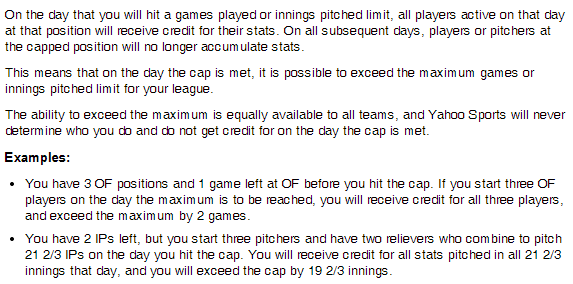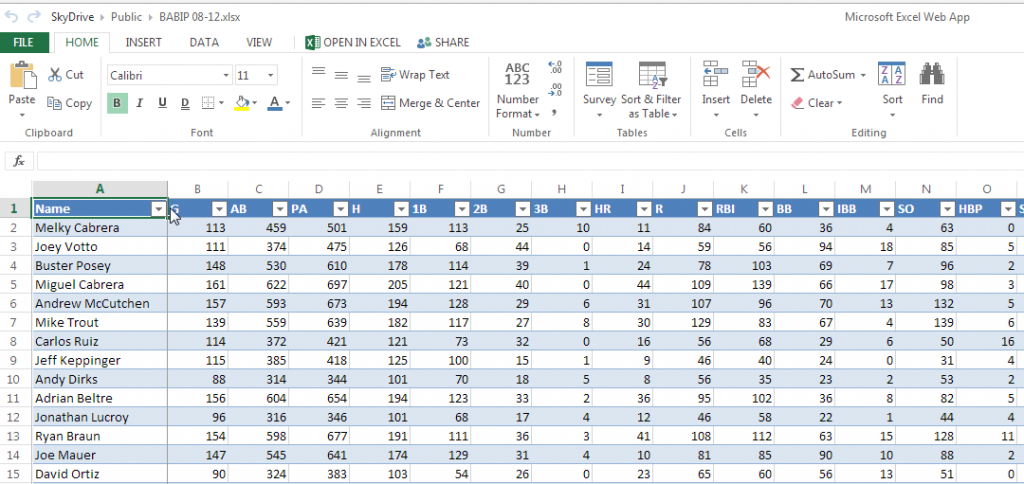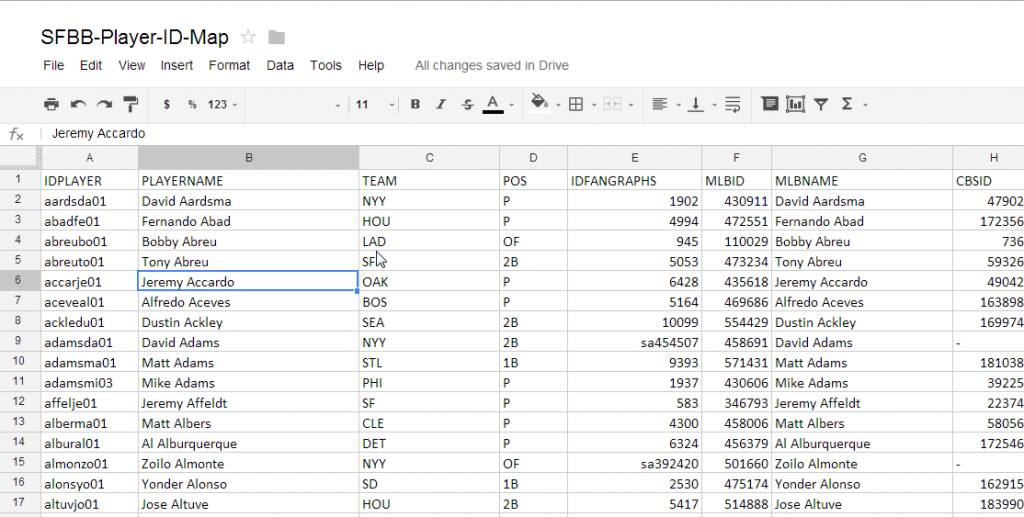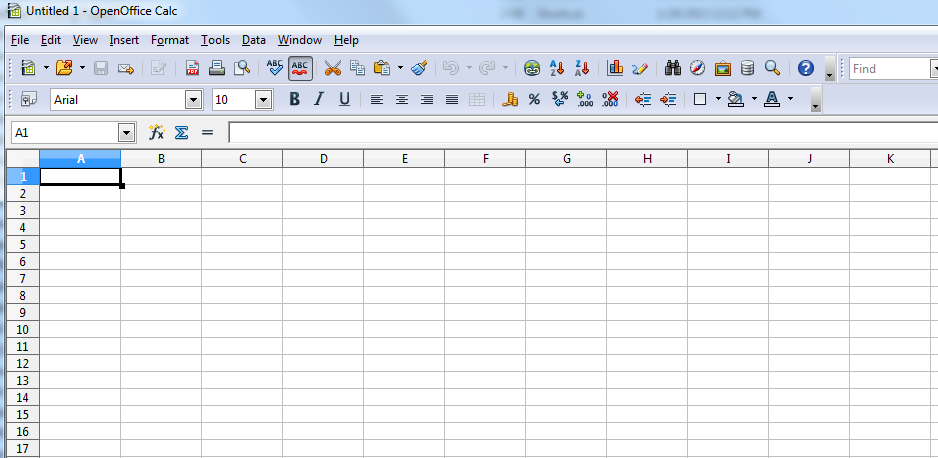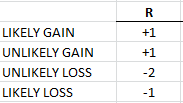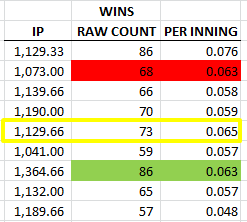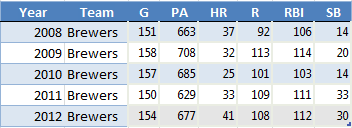In this post I am going to share with you one of the simplest and most effective fantasy baseball strategies you can implement. You’re already aware of the strategy, but I’m going to dive a little deeper and dissect it into two components. One to apply during the off-season and one for during the season.
Teach A Man To Fish…
“The fishing is the best where the fewest go…” ~ Timothy Ferriss
I cherry picked this quote from Timothy Ferriss’ book, “The 4-Hour Work Week”. I read the book for some ideas on how to improve this blog. And while it has nothing to do with fantasy baseball, this particular quote does a phenomenal job of illustrating this simple strategy I want to share with you.
We all know fantasy baseball is a competition. It’s all about gaining an advantage and differentiating yourself from your opponents.
It is impossible to differentiate yourself if you’re following the crowd. If you’re doing the same things as everyone else, you’ll get the same results. If you’re fishing in the crowded fishing holes, you’re battling for the same school of fish.
To separate yourself from the pack you have to think differently. You have to be different.
If you’re reading the same fantasy baseball advice and commentary as the rest of the competition, you’ll be battling for the same players, you’ll be employing the same strategies, and winning might just come down to luck, timing, or random variations. I hate luck!
OK. How Do I Apply This?
The easiest way to execute this strategy is to be a contrarian. To zag when everyone else is zigging. To fish where no one else is fishing.
Think to yourself about what everyone else is doing and what you can do to be and think differently.
You can implement this thinking on two levels:
- Behavior and preparation
- Player valuation
Let’s take a look.
1. Behavior and Preparation
This is the part of the strategy to focus on during the off-season. It is all about out working, out smarting, and “out learning” your opponents. Do things they’re not. Zag.
Read (shameless plug – I’ll give you two free e-books). Get strategies and suggestions from respected experts. Listen to podcasts. Don’t just show up to the draft with a token cheat sheet. Create your own rankings.
You might not be able to do all of these things. Not all at once and not all in one off-season. I’m sure you have a life outside of playing fake baseball games.
But if you can study up on two or three new statistics each off-season, you are developing skills and building knowledge that will help you long-term. Think about the knowledge you can accumulate after three, five, or ten years. Think about the competitive advantage you can create for yourself.
Most guys won’t be doing this. They’ll be doing mock drafts, perusing a draft guide, and reading a few sleeper articles. The same thing year-after-year. You can take advantage of this.
I’m a firm believer that to be the best at this game you have to make your own decisions. Only you can be the best manager of your fantasy team. No expert can make educated decisions for your team. By reading and studying strategy, you are building skills that will push you in that direction.
You’re off to a good start by reading this blog. I’m not here to make decisions for your team. Or to tell you who to pickup or trade for. I’m here to share important resources you can use and help you develop the skills to give you a competitive advantage.
But how can you zag when it comes to specific player-related decisions?
2. Player Valuation
This part of the strategy that applies most in-season. And despite what you might think, it has little to do with Sabermetrics. You don’t need great skill in Excel. It has very little to do with data and player analysis. This is more an exercise in economics than it is baseball statistics.
More specifically, recognizing the optimal time to buy or sell players AND acting during those times. “Arbitrage” is another word for this, as Jonah Keri discusses in his book “The Extra 2 Percent”.
Everyone Knows Buy Low, Sell High. You’re Not Telling Me Anything New.
I agree everyone knows this. But all that “buy low, sell high” advice is in terms of player performance.
To take this strategy to the next level Continue reading “Be A Contrarian… Zag”
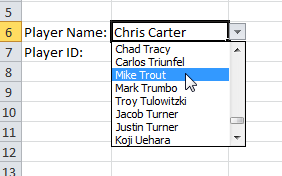 Said another way, instead of linking the web query to player ID “
Said another way, instead of linking the web query to player ID “